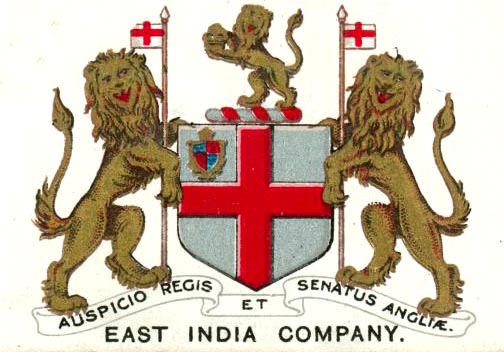It just takes place in 1722. And the big company that everyone worries is too powerful is the British East India Company. The Company worries that its cloth monopoly may by threatened by the development of a machine (never called a cotton gin, but pretty much a cotton gin) that would allow other companies in other nations to create similar fashion fabric that only the Company can currently make.
Nobody uses the phrase "too big to
fail," but the English government is portrayed as seeing the Company as a
major force for the promulgation of English power, and any problem faced by the
Company is seen as a potential threat to the Empire.
 This is another in Liss' series of business historicals
featuring "thief-taker" and former professional boxer Benjamin Weaver.
Blackmailed into acting for the Company, he infiltrates it to uncover a plot
involving foreign spies and government agents. A flirtatious mystery woman,
nearly as masterful at disguise as Weaver, dogs his trail, and the first thing
Weaver needs to determine if she is really friend or foe.
This is another in Liss' series of business historicals
featuring "thief-taker" and former professional boxer Benjamin Weaver.
Blackmailed into acting for the Company, he infiltrates it to uncover a plot
involving foreign spies and government agents. A flirtatious mystery woman,
nearly as masterful at disguise as Weaver, dogs his trail, and the first thing
Weaver needs to determine if she is really friend or foe.
Liss ties interesting facets of early 18th century London
into the novel, and does so naturally. The nature of marriage and dowries plays
an important part, with the death of a bigamist being an inciting event of the
novel. His portrayal of second-class citizens (women, Jews, workers) is also a
strength.
This is the fourth of Liss' novels that I have read, and I
enjoy his take on both the historical novel and the business thriller. It is a
very odd niche that Liss has carved out for himself, but I continue to be a
fan.
Source: public library

No comments:
Post a Comment